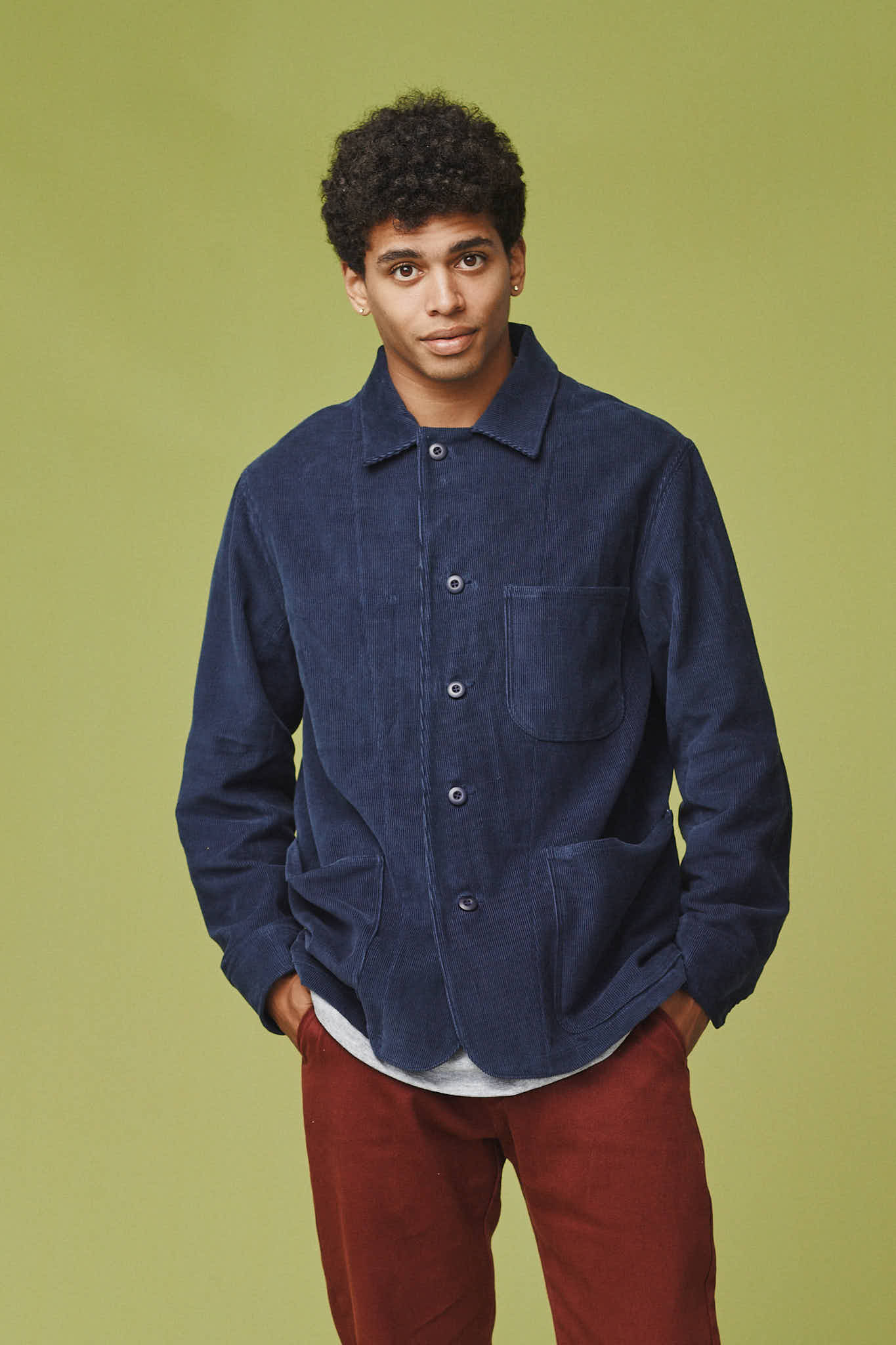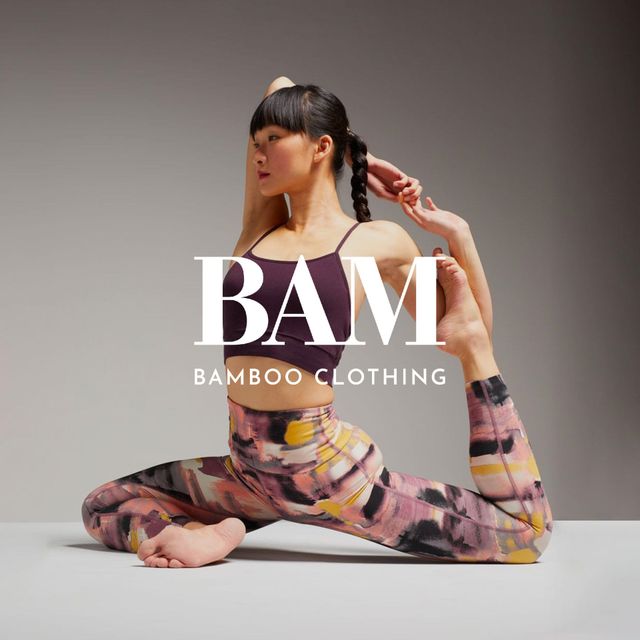New Advice To Picking Bamboo Clothing
Wiki Article
Why Is It That Hemp Is Stronger, More Durable, And More Biodegradable Than Cotton?
Hemp is more biodegradable than cotton and is also thought to be sturdy. This is due to the inherent characteristics of hemp, as well as how it is cultivated. Here's why- Biodegradability-
Natural FiberNatural Fiber Hemp fibers are made from the plant which is biodegradable. When they are discarded, hemp clothing and textiles are broken down in a natural way, returning to the earth without generating long-lasting debris. This contrasts with synthetic fibers such as polyester, which require hundreds of years to decay.
Hemp fabrics are typically not contaminated with synthetic additives or treatments that block biodegradability. They can be treated using synthetic chemical additives like certain finishings or dyes which slow biodegradation process.
Durability-
Hemp fibres are known to be tough and durable. Hemp textiles and clothing are more resistant to wear than cotton, making them last longer. Hemp clothing is durable and washable more times before showing signs of wear.
less prone to PillingLess prone to pilling Hemp fabric is less susceptible to pilling (the creation of small fuzzy balls on the surface of the fabric) compared to cotton. This attribute contributes their longevity and their quality.
Regenerative Agriculture-
Health of the soil Hemp farming has regenerative qualities when it is done sustainably. Hemp is a plant with a deep root structure that prevents soil erosion and compaction. It can also improve soil health, by increasing the aeration and the activity of microbial organisms. This regenerative component can help the soil be in better shape to produce future crops.
Low environmental impact Sustainable hemp cultivating methods involve the use of minimal pesticides. Cotton farming is a common method that could result in soil degradation, water pollution and other environmental issues due to chemical use in synthetic forms.
Water Efficiency-
Hemp generally requires less water to grow than cotton. Because of its drought resistance it is able to be grown with minimal or no irrigation. It is a more efficient choice for water, particularly in regions with limited water resources.
Crop Rotation- Hemp can be integrated into systems of crop rotation that improve overall soil health and reduce the risk of soil depletion and the buildup of disease. Crop rotation is less common in the traditional cotton farming.
Hemp's versatility allows it to be used for many different applications like clothing, textiles papers, building materials and paper. This flexibility means that hemp cultivation can support various industries with sustainable and eco-friendly practices.
Although hemp has many advantages however, it is crucial to be aware that cotton and hemp can both be produced in a sustainable or non-sustainable way, depending on methods of farming and processing. Selecting hemp products made with ethical and eco-friendly methods will maximize the environmental advantages. Similarly, selecting organic cotton can help alleviate certain environmental problems that are associated with traditional cotton production. Follow the recommended hemp clothing for site recommendations including hemp garments, hemp denim, patagonia hemp shorts, patagonia hemp vest, hemp sportswear, patagonia hemp overalls, hemp sweatshirt, patagonia ranch jacket, women's all seasons hemp canvas bomber hoody jacket, hemp swimsuit and more.
What Is The Hemp-Based Clothing's Performance To Other Fibres In Terms Of Function And Quality?
Hemp clothing offers a variety of functional and technical advantages over conventional fibers, while being environmentally sustainable. Hemp clothing has numerous advantages that make it a superior environmentally friendly and high-performance option.
Hemp fibers help wick away moisture from the body, which keeps you cool and dry in hot temperatures. They can help you stay dry and cool, and help to stop the growth of bacteria.
Temperature Regulation
Hemp clothing is extremely thermoregulatory. Hemp clothing can help keep you warm by capturing heat near the body, and also cool you down in hot weather because it allows heat and moisture to escape. The natural way to regulate temperature can reduce the need for frequent changes in clothing.
Durability-
Hemp is renowned for its toughness. Hemp clothing is usually more durable, resilient and wear-resistant than other materials like cotton. Hemp clothes are sturdy, which means that they are able to last longer and decrease the need for replacements and consequently, reduce their impact on the environment.
UV Protection
Hemp fibers protect the skin from harmful UV radiations. This feature is particularly beneficial for outdoor sports and activities.
Biodegradability:
Hemp clothing is degraded as time passes. This property helps reduce the impact on the environment of textile garbage. Synthetic fibers can remain in landfills for long periods.
Low Environmental Impact
Hemp cultivation typically requires fewer synthetic herbicides and pesticides as in comparison to cotton grown conventionally. It also uses less precious water resource. This makes it a more eco-friendly option. The organic hemp farming process further improves these eco-friendly attributes.
Carbon Sequestration
Hemp plants can absorb carbon dioxide from the atmosphere in the course of their growth. This means that hemp cultivation can act as a carbon sink, helping in reducing greenhouse gas levels.
Sustainability and crop rotation-
Hemp can be incorporated into crop rotation strategies, improving the overall health of soils and decreasing the possibility of soil depletion and disease buildup. This sustainable farming technique is possible due to sustainable farming practices.
Versatility:
Blending hemp fibers with other substances like organic cotton or recycled polyester is a way to make eco-friendly and high-performance fabric blends. This versatility allows the creation of new textile products.
Low Toxicity
Hemp is naturally low in toxic and doesn't require extensive processing with chemicals in its manufacturing, which reduces environmental impacts.
In addition to hemp's many practical and environmentally friendly benefits, it's important to keep in mind that the sustainability of clothing can be impacted by other factors like dyeing techniques and transportation methods, as well as ethical labour practices. To help consumers make environmentally friendly choices it is recommended to look for clothing brands that focus on sustainability, transparent manufacturing, and ethical practices. Read the best hemp clothing examples for website tips including hemp t shirt mens, hoodlamb coat, hemp pants womens, hemp sportswear, hemp tee shirts, hemp button down shirt, hemp shorts mens, american made hemp clothing, jungmaven t shirt, hemp fleece fabric and more.

What are the differences between Bamboo and hemp fibers?
Both hemp and bamboo fibers are plant-based fibers that are utilized to make textiles. Each one has distinctive qualities and features. These are the key distinctions between hemp and bamboo fibers. Plant Source-
Hemp fibers come from the outer bast fibers of the stalks. Hemp is a versatile plant that grows quickly and has been used to make numerous products over the years.
Bamboo fibers are produced from bamboo pulp. Bamboo is a fast-growing grass known for its toughness and rapid renewal.
2. Fiber Specifications-
Hemp- Hemp's fibers are highly durable and strong. They're among the strongest fibers in nature and become softer every time they're washed, so they make great textiles.
Bamboo Fibers- Bamboo fibers are known for having a silky, soft texture. They are not as strong as hemp fibers, and they can be more delicate, but they are prized for their suppleness against skin.
3. Texture-
Hemp- Hemp has a somewhat coarse texture, particularly when it is in its natural state. It's soft and comfortable, however its texture is distinct from bamboo.
Bamboo is silky soft and soft. It is often described as a blend of cotton and silk, making it very comfortable to wear.
4. Breathability (and moisture-wicking)-
Hemp Fibers- Hemp fibers absorb moisture and are naturally air-tight. They help you stay cool and dry in hot weather.
Bamboo fibers also have the ability to wick away humidity and are highly ventilated. They have micro-gaps that enhance their ability to regulate humidity and temperature, ensuring you are comfortable in various conditions.
5. Environmental Impact-
Hemp Hemp is considered an eco-friendly fiber due to its rapid expansion, low water consumption and resistance to insects, which makes it less important to use pesticides. It can also sequester carbon from the atmosphere during its growth.
Bamboo- Bamboo is famous for its environmental sustainability. It is fast-growing and requires minimal water and is able to be planted without herbicides or pesticides. Certain bamboo species like Moso Bamboo, are considered to be sustainable.
6. Processing-
Hemp- Hemp fibers must be extensively processed to separate the bast fibers from the core. The process may involve decorations, retting and mechanical separation.
Bamboo- Bamboo is typically created by a chemical process called the viscose or rayon-process. The process involves cutting down bamboo pulp. Closed-loop systems can be used to eliminate the chemical waste from some bamboo textiles.
7. Versatility-
Hemp- Hemp is versatile, with many uses including clothing, building materials and textiles, and more.
Bamboo- Bamboo fibers are used primarily in textiles and clothing but can also be found in other items such as sheets and towels.
In sum In the end, both bamboo and hemp offer unique qualities and sustainability benefits. Choose between hemp and bamboo based on the qualities and characteristics you're looking for and your environmental preferences. Read the top bamboo clothes for website examples including bamboo sweatshirt, onno bamboo shirts, bamboo t shirts ladies, bamboo pants mens, short bamboo, bamboo tee shirts women, bamboo terry fabric, freefly hoodie, bamboo athletic wear, childrens bamboo socks and more.

